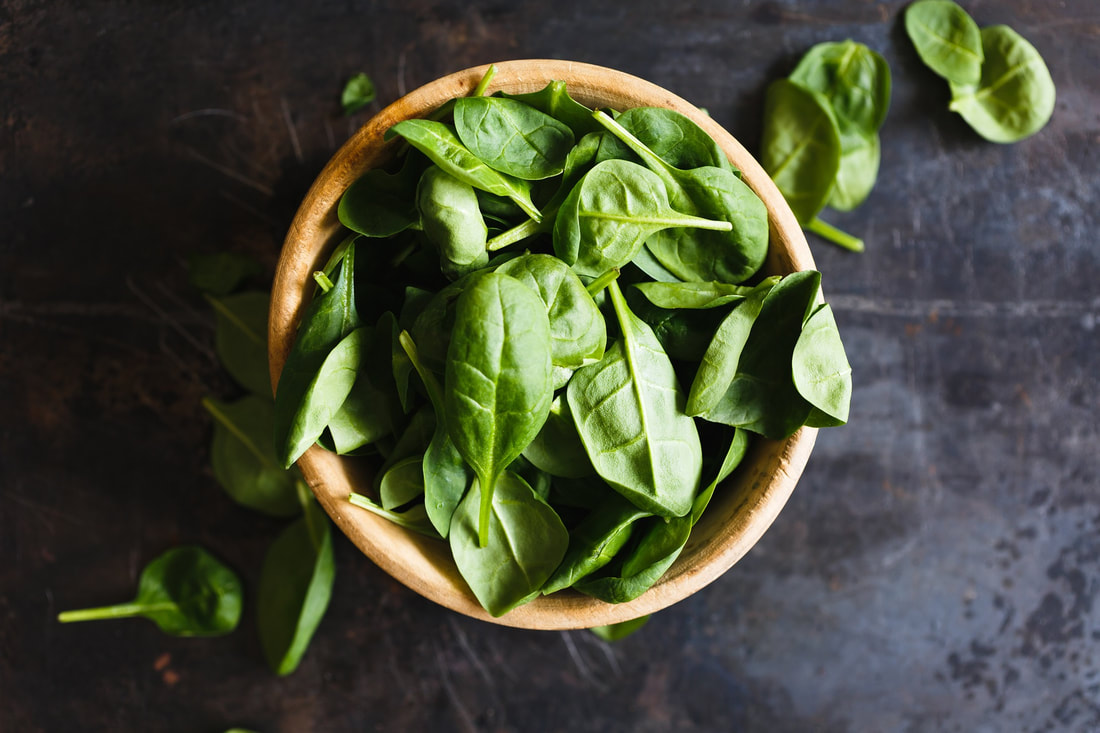|
A prospective study recently published in JAMA Internal Medicine looked at the relationship of dietary pesticide exposure to clinical pregnancy rates in IVF. It showed that greater intake of high pesticide residue fruits and vegetables were associated with a lower probabilities of clinical pregnancy and live birth per IVF cycle, as well as higher risk of early pregnancy loss. The author's estimated effect of consuming just 1 serving per day of lower pesticide residue fruits and vegetables (in lieu of 1 serving of high pesticide produce) was associated with a 79% higher odd of clinical pregnancy and 88% higher odds of live birth. Because patients undergoing infertility treatments eat more fruits and vegetables (intake has observed to be double that of the median US intake) it is important to focus on eating organic, and/or avoiding the "high pesticide residue" fruits and vegetables. According to the Environmental Working Group, the fruits and vegetables highest in pesticides (and best to buy organic) include:
**Pears and potatoes are additions to the 2017 list provided by the Environmental Working Group. Several pesticides are suspected carcinogens, in addition to being hormone disruptors. Glyphosate, or "Roundup" has been declared a "probable human carcinogen" by the International Agency for Research on Cancer. It's use has increased 250 fold from 1974 and 2014. GMO crops (such as corn, corn syrup, soy, canola) that are engineered to tolerate more of the pesticide glyphosate will only increase consumers exposure to Roundup, which may lead to possible effects on fertility, pregnancy rates, miscarriage, as a well as cancer. A commentary article on the JAMA fertility study fittingly states that: "The observations made in this study send a warning that our current laissez-faire attitude toward the regulation of pesticides is failing us. We can no longer afford to assume that new pesticides are harmless until they are definitively proven to cause injury to human health." Its unfortunately up to us to keep informed about whats in our food and make the best choices about what we choose to eat. While I don't think it's necessary to eat completely organic, avoiding conventionally grown foods known to be high in pesticides appears to be a good idea for fertility, cancer prevention, and overall health. Sources: https://www.ewg.org/foodnews/dirty_dozen_list.php
Dr. Cheryl provides acupuncture in West Seattle and enjoys treating a wide variety of health conditions. She has been in practice for over 9 years, and believes that acupuncture can be gentle and comfortable while still being very effective. She has extensive experience in treating pain, allergies, digestive issues, insomnia, fertility, women's health, and symptoms during pregnancy.
0 Comments
Leave a Reply. |
AuthorCheryl House, L. Ac., DACM, FABORM Archives
November 2017
|
||||||||||||

 RSS Feed
RSS Feed
